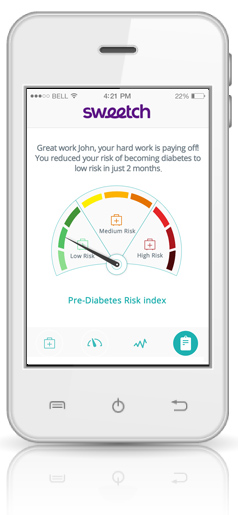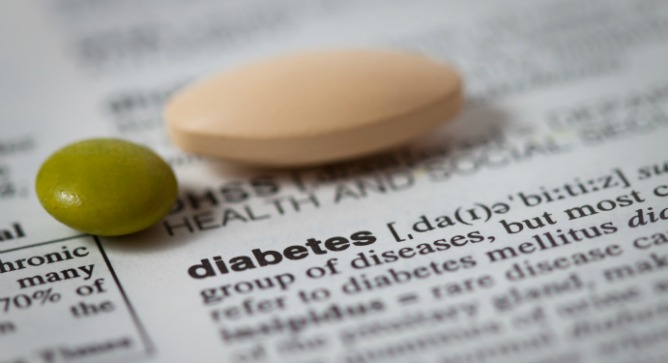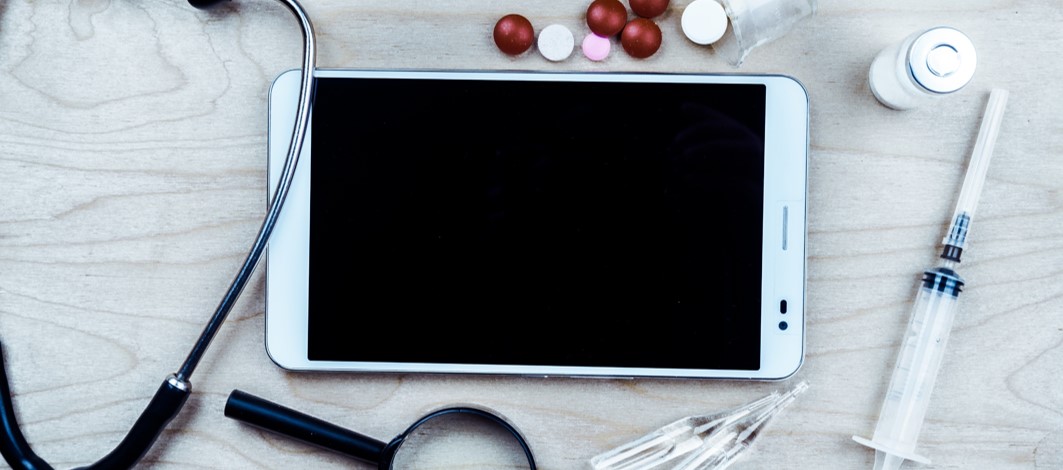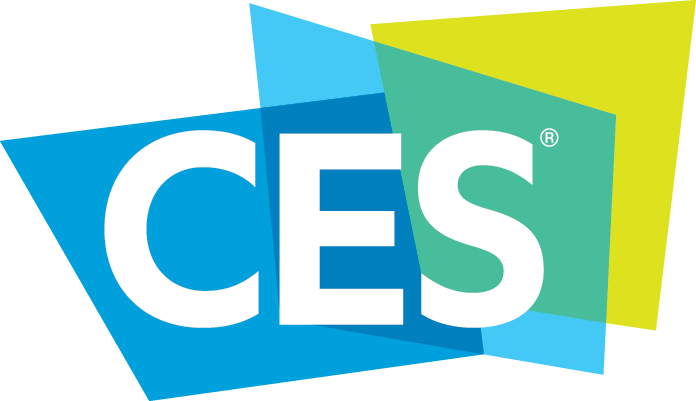While diabetes is undoubtedly a big problem, with 29.1 million diabetics in the US, approximately 60 million in Europe, and 371 million across the globe, there are considerably more people who qualify as “pre-diabetic”. In fact, 86 million Americans are estimated to be pre-diabetic.
The statistics are overwhelming: Half of all healthy 45-year-olds will develop prediabetes, a condition of elevated blood sugar that can lead to full-blown insulin-dependent Type II diabetes, according to a recent comprehensive study in The Netherlands.
At the same time, there is also room for hope: Making lifestyle changes while prediabetic can reduce one’s risk of developing actual diabetes by 58%, according to a 2002 U.S. government-funded study.

This may sound out of reach for the average person, who in theory would like to make the changes required to reduce the risk of developing diabetes, but does not have the funds for a personal trainer and health counselor or the motivation to make such lifestyle adjustments on their own.
But a mobile app under development is out to change that: Sweetch will offer users, based on analysis of basic health data, up-to-date estimates of their individual risk for developing diabetes. The app will engage with users in real time; for example, say a person is on schedule to arrive early to their destination, and the weather out is pleasant – the app will suggest parking the car farther away to rack up a few minutes of extra walking. The app will also connect users to each other through a social network component to foster further motivation among those trying to diet or exercise.

The digital health sector is expected to be worth more than $30 billion in 10 years and is attracting loads of investment, mainly venture capital. In 2014, private investment in digital health companies totaled $1 billion, up from $315 million in 2011. With governments, health-care providers and insurance companies all hoping to cut medical costs, such digital solutions are welcome; they can both prevent sickness and also offer a more efficient way to monitor and treat existing conditions.
There is an especially large appetite for solutions dealing with the treatment of chronic diseases, which cost more than $2 trillion to treat in the United States, when other costs, such as administration and research are also included, according to a report from the Partnership to Fight Chronic Disease. Diabetes is among these chronic diseases. Goldman Sachs estimates that in the next decade, widespread use of digital therapies can drive $300 billion in health care savings annually.
The potential to save massive amounts of money means that such solutions will likely be embraced eagerly and widely, especially those available on mobile platforms, like phones, which means they are readily accessible to most of the population.
Another factor paving the way for the growth of the digital health sector is the growing practice of insurance companies embracing a model known as “pay for performance,” rewarding with lower fees those physicians, patients and facilities that can show efficiency and effective results. Medicare recently said it would seek to tie 50% of total payments to outcome-based methods by 2018. This approach is not without controversy, as many have wondered how such outcomes can be fairly and accurately measured. But apps like Sweetch, which track performance and outcomes, offer an easy way to illustrate effective results without cutting corners in patient care.
SEE ALSO: Mobile Health: Israeli Technology Trends in 2015
There is also a large move in healthcare toward preventative care in order to lower costs. This, too, is a trend working in the favor of the overall sector. Sweetch’s main goal is to prevent people from becoming diabetic, by guiding them to make specific lifestyle changes. It relies on a patent-pending predictive engine that is able to, based on medical and personal data, assess each user’s individual risk of developing diabetes. It then updates this risk as the user engages with the app and begins to make dietary and other lifestyle changes.
When tested against a database of nearly 2 million people and their basic medical data, such as weight, age, and daily activity rate, Sweetch had a whopping 53.8% success rate of identifying which individuals would eventually progress from prediabetes to full-fledged diabetes. For comparison, traditional best practices methods that are only able to identify a mere 7.6% of patients that progress to diabetes.

One aspect that makes digital health apps attractive is the ability to easily scale them, serving millions of people globally with little manpower. When the U.S. study found back in 2002 that diabetes risk could be reduced by lifestyle changes, diabetes prevention classes grew quickly, mainly at local community centers, and participants achieved outcomes on par with the study results. But what about people who didn’t have access to a class or time for it in their schedules? Also, what about all the money spent on instructors, materials, and facilities to hold such classes? Family doctors are also equipped with the materials informing their patients about the regimen connected to reduced risk of diabetes, but that, too, requires one-on-one medical consulting and follow-up. Neither the community classes nor doctor visits are as scalable as a mobile app when it comes to programs helping people make the lifestyle changes required to reduce and monitor the risk of developing diabetes.

Sweetch’s app will soon begin clinical trials at Johns Hopkins University. The app is both definitive of and a great recipient of the momentum pushing the growth of the digital health sector. Once on the market, perhaps the statistics that one in three adults will develop diabetes in his or life lifetime will change as more people will have a platform right on their mobile phone allowing them to monitor risk and motivating them to make lifestyle changes and avoid the disease.
To find out more about digital health and other investment opportunities on our platform, contact our Investor Relations team or visit our website.
[xyz-ihs snippet=”AngelCourseCTA”]




![Internet of Things: The next big thing in Israeli tech [Infographic]](https://blog.ourcrowd.com/wp-content/uploads/2016/01/IoT-inforgraphic-blog-post-2.jpg)



